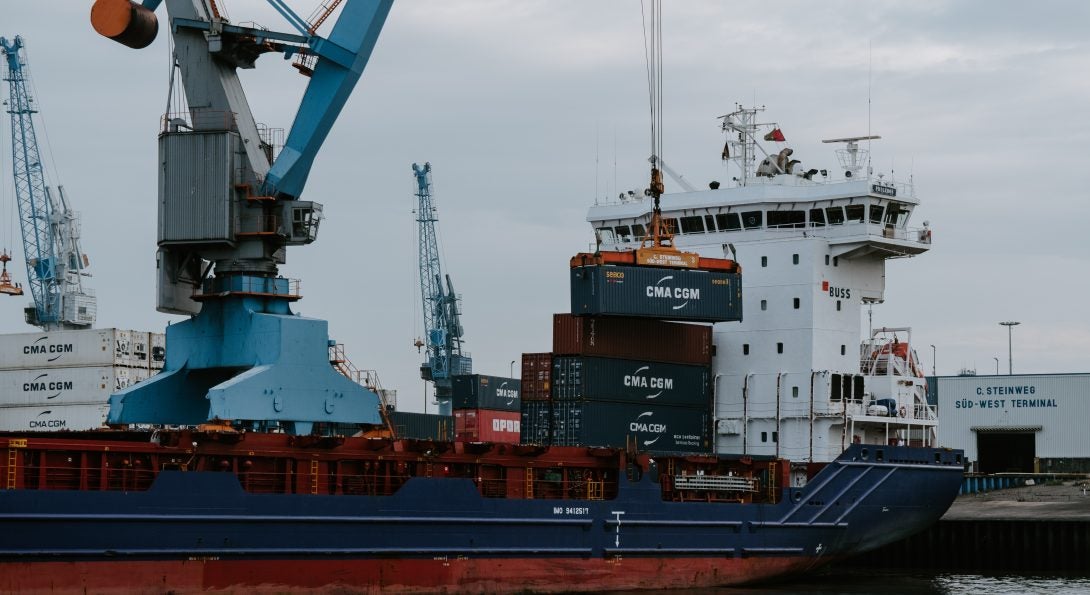Goals and Performance Measures Vital to Chart Successful Course for Maritime Freight Industry in Illinois

Waterborne Freight Analyzed in IDOT Report from Urban Transportation Center at UIC
Formation of organized stakeholder groups, defined measurement standards and a better analysis of existing industry data are needed to develop solid performance measures to expand and improve maritime freight transportation in Illinois.
That summarizes key recommendations presented in a report designed to provide the framework needed for Illinois to better utilize commercial waterways – Lake Michigan, major rivers and the canal network – to transport agricultural products, chemicals, petroleum, coal and other freight.
The report, “Developing Performance Measures for the Illinois Maritime Freight Transportation System,” was commissioned by the Illinois Department of Transportation (IDOT) and produced by the Urban Transportation Center at the University of Illinois at Chicago.
As noted in the report, an improved system for moving freight through Illinois waterways can provide jobs and other economic benefits and help ease congestion on state highways. Plus, development of performance measures is essential to the federal government’s Moving Ahead for Progress in the 21st Century (MAP-21), the most recent surface transportation authorization bill.
Four key recommendations were outlined:
- Leadership: Grant authority to one state agency to take responsibility for managing maritime freight. Currently, management is undertaken by IDOT, various port districts and federal authorities like the U.S. Coast Guard.
- Data Collection: The report noted that the state does not have a central repository for collecting and managing data on maritime freight. It is recommended that IDOT collaborate with a “data warehouse partner,” such as Travel Midwest, a consortium of state transportation and highway departments.
- Goals and Performance Measures: Researchers found that other governmental entities have established maritime goals and performance measures. Illinois needs to develop goals and ways to measure the environmental impact, benefits to the economy, energy efficiency and other critical aspects related to maritime freight transportation within the state.
- Annual Report: Each year, the state should prepare a report that details results of the impact of maritime freight on the economy and transportation network.
In the conclusion, the report states: “Overall, Illinois’ waterways and ports are underutilized, just like most states in the US. However, a better planning and an effective performance measurement system can help make the waterways a viable freight transportation alternative that will keep Illinois a competitive force in domestic and global trade. “
The report was prepared by: Robert E. Ginsburg, Ph.D. Project Manager, IDOT-CUPPA Research and Training Project and Research Assistant Professor; P.S. Sriraj, Ph.D., Interim Executive Director and Director of Research, Director of the Metropolitan Transportation Support Initiative (METSI) and Research Associate Professor; and Ian Brown, J.D., MUPP and IDOT Scholar.